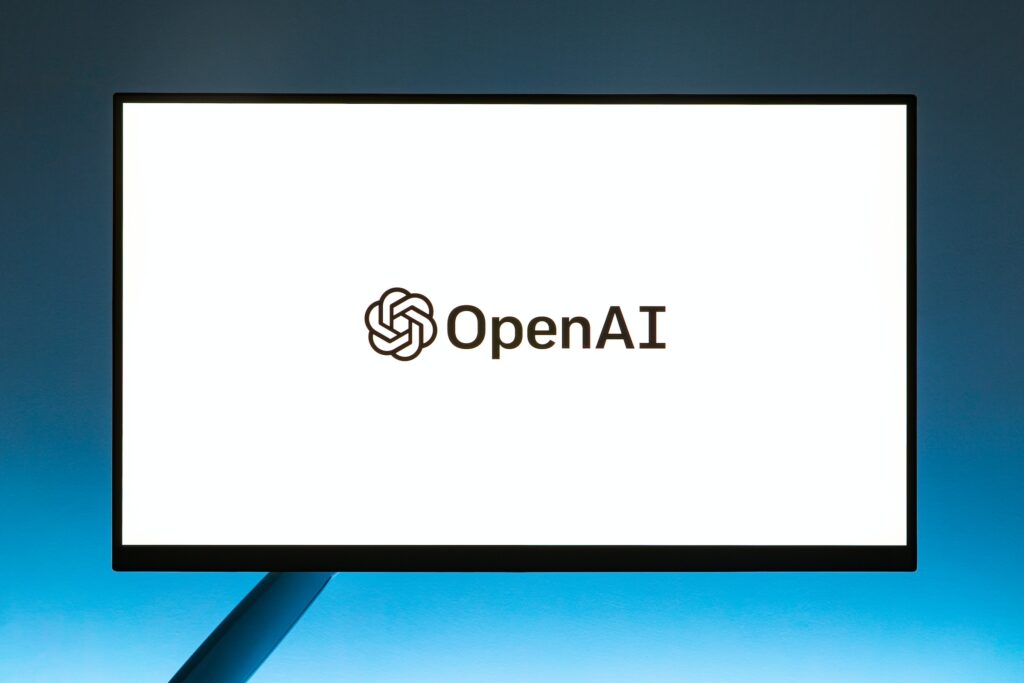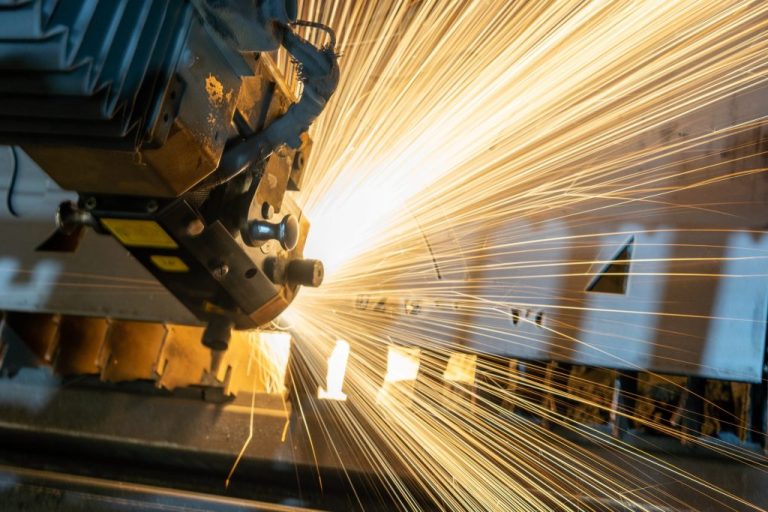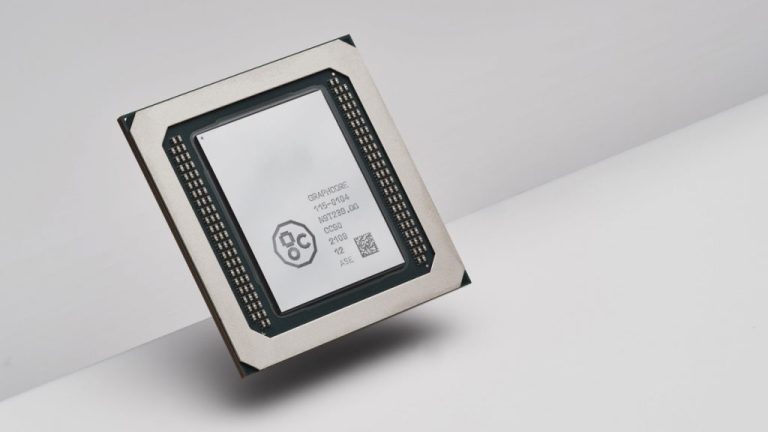OpenAI Explores In-House Chip Production to Combat Global Semiconductor Shortage
OpenAI Explores In-House Chip Manufacturing Amid Global Shortage
OpenAI, the creator of the popular ChatGPT, is reportedly considering the option of manufacturing its own processing chips in light of the current global shortage of these crucial components. According to sources cited by Reuters, the company is actively exploring various strategies, including assessing a potential acquisition of an undisclosed firm to enhance its AI chip production capabilities.
The ongoing chip scarcity, which is vital for AI technology, has compelled OpenAI to evaluate several approaches. These involve the possibility of internal chip manufacturing, strengthening its partnership with primary chip supplier NVIDIA, and diversifying its chip sources. Earlier this year, OpenAI’s CEO, Sam Altman, expressed concerns about how the chip shortages have been hindering the company’s projects.
In a now-deleted blog post by Raza Habib, the CEO of Humanloop, he shared his discussion with Altman, highlighting a recurring theme: OpenAI is currently facing significant GPU limitations, which are delaying many of its immediate objectives. A noted complaint among users has been regarding the reliability and speed of the API. Altman acknowledged that GPU shortages were primarily responsible for these issues.
The rollout of the longer 32k context has also been stalled for broader access due to the O(n^2) scaling challenges, which require a research breakthrough for anything beyond that. The finetuning API is presently impacted by GPU shortages, as OpenAI has yet to implement more efficient finetuning methods, making the process computationally intensive. Future improvements in finetuning support and the potential establishment of a community model marketplace are anticipated as the company navigates these challenges.
If OpenAI proceeds with its plans to manufacture chips internally, it would join tech giants like Google and Amazon, who have already made the shift to in-house production. This could significantly reduce OpenAI’s reliance on external suppliers, allowing the company to better respond to the growing demand for specialized AI chips. Since the public debut of ChatGPT in November, the demand for such chips has soared, positively impacting NVIDIA’s stock as companies scramble to acquire the necessary hardware.
Currently, OpenAI has not reached a definitive decision regarding its chip manufacturing plans or any potential acquisitions, with ongoing discussions aimed at resolving the critical chip shortage to support its AI initiatives.
The intersection of artificial intelligence (AI) and the cryptocurrency sector is rapidly evolving. Innovations are emerging that harness AI’s capabilities to enhance blockchain efficiency and security. By integrating smart algorithms, companies aim to streamline transactions and predict market trends more accurately.
Additionally, major players within the industry are now employing AI to address challenges such as fraud detection and regulatory compliance. With the potential to significantly reduce operational costs, these technologies make crypto transactions safer and more accessible for users worldwide.
As we move towards an era of smarter digital currencies, the role of AI will likely expand. Stakeholders must stay informed about these advancements to leverage their potential fully and remain competitive in the evolving landscape.
Latest Articles
-
The Role of Machine Learning in Enhancing Cloud-Native Container Security
(41,008 views) -
Innovative Machine Learning Uses Transforming Business Applications
(14,289 views) -
AI and Bots Allegedly Used to Fraudulently Boost Music Streams
(12,140 views) -
The Benefits of Partnering with Outsourced Developers
(10,388 views)
AI Innovations
The AI blockchain: What is it really?
Apple opens core AI model to developers amid measured WWDC strategy.
Society, Security
Reddit Sues Anthropic for Scraping User Data to Train AI
In a significant legal move, Reddit has initiated a lawsuit against Anthropic, alleging unauthorized scraping of user data to train its artificial intelligence systems. This case raises important questions about data privacy and the ethical boundaries in AI development.
The AI Blockchain: What Is It Really?
The concept of using blockchain technology in artificial intelligence is gaining traction. But what exactly does it entail? AI blockchain aims to combine the advantages of blockchain, such as transparency and security, with the capabilities of AI to create more robust and accountable systems. This integration could potentially revolutionize how data is shared and governed in the AI landscape.
Apple Opens Core AI Model to Developers Amid Measured WWDC Strategy
During the recent WWDC, Apple announced the release of its core AI model for developers. This strategic move is part of Apple’s broader effort to engage with the developer community while carefully managing its AI initiatives. By providing access to its foundational AI technology, Apple aims to foster innovation and collaboration, setting the stage for new applications and advancements in the field.
Explore More
Stay updated with our premium content and the latest technology news delivered straight to your inbox. Catch up on categories including Applications, Ethics & Society, Machine Learning, and more.
Categories
- Applications
- Companies
- Deep & Reinforcement Learning
- Enterprise
- Ethics & Society
- Industries
- Legislation & Government
- Machine Learning
- Privacy
- Research
- Robotics
- Security
- Surveillance







